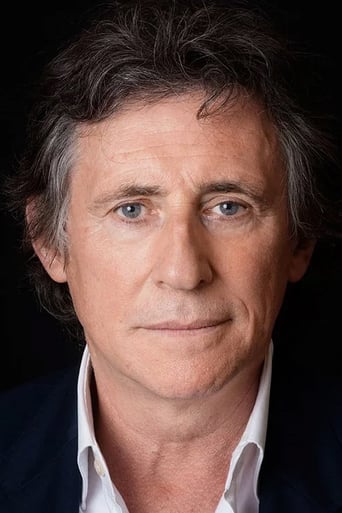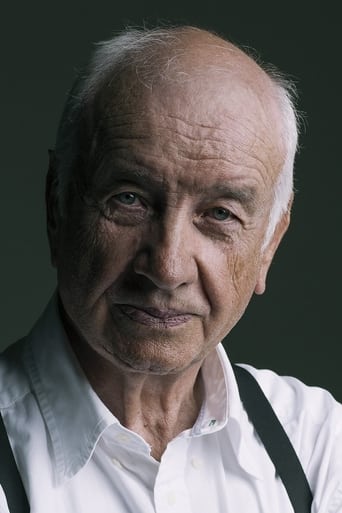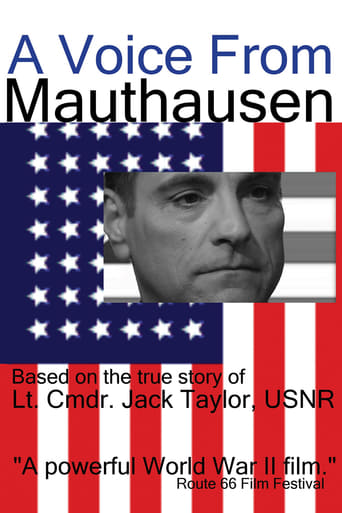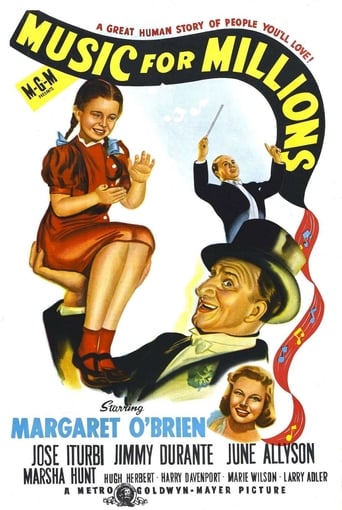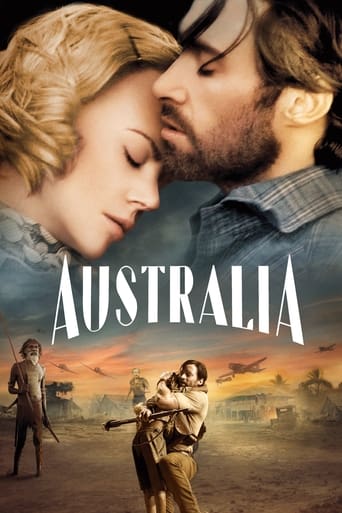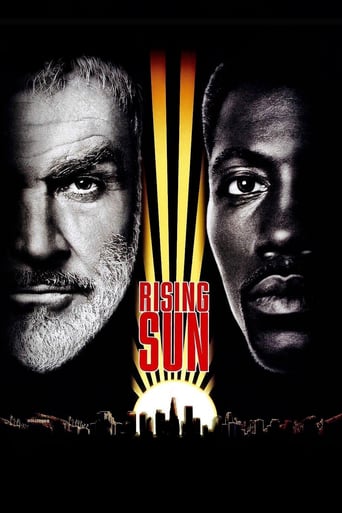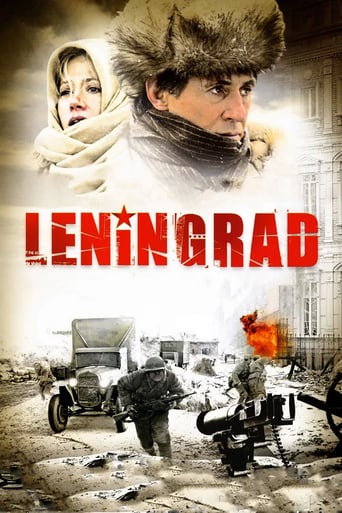
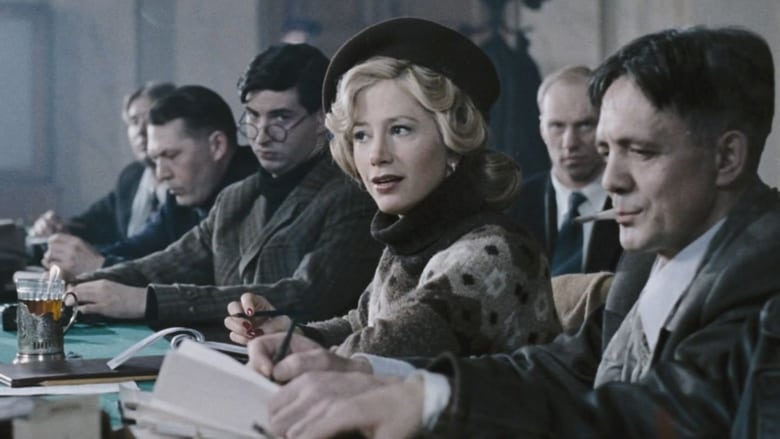
Leningrad (2009)
When in 1941 Nazi Germany invaded the Soviet Union, their troops quickly besieged Leningrad. Foreign journalists are evacuated but one of them, Kate Davies, is presumed dead and misses the plane. Alone in the city she is helped by Nina Tsvetnova a young and idealist police officer and together they will fight for their own survival and the survival of the people in the besieged Leningrad.
Watch Trailer
Cast


Similar titles
Reviews
To say this movie has no idea what it's doing is an understatement. This film is baffling. I understand it's not a Hollywood movie. I understand it's not bound by those norms. But by god. This movie jumps around more than my most unstable relationship. At no point did I realize who the main characters were, what anyone's goals were, who we were supposed to be rooting for and why this movie was so shoddy! I mean, start at bad audio dubbing, finish with the most random cuts happening every two seconds! I'm not joking this movie gets laughable. 1.5 million people died. How do you make that funny. I'll tell you how, you have: -obvious stage lights -horrific acting and accents -no sort of consideration or placement of scenes -bad dubbing -no build up -no plot or theme focus -ridiculous scenes, such as one where what we think (we don't know) is the main character walking after someone in despair, and they literally just walk into a mound of ice and pretend to trip... Oh and the siege of Leningrad, yeah that's about 30 people who slowly run towards each other.And, the only reason we know this famine is getting worse is because we see the town's announcer every few minutes and every time we see him he's coughing a little more and he's wearing an extra item of clothing!OK, so maybe it did get the costumes and the sets right, sure, but that's the thing! Most people will just give this movie a pass because its set in World War Two! It's just a bit insulting that some Russian filmmakers will go and try their hand at history and a Hollywood war movie now they've got a budget and just fail so badly filmmaking-wise!Please, if you watch this don't expect it to be some interesting foreign period piece.
Found outstanding performance by Olga Sutulova as "Nina Tsvetkova" Mira Katherine Sorvino as "Kate Davies" excellent also.They depict well the determination and commitment essential for success, as true reminders how so many of us enable far smaller barriers to overcome us.Entire video each time leaves me with great sadness and sympathy for citizens of then Leningrad, for their suffering and sacrifice endured, while at same time great thanks to them for the meaning now attached to the word Leningrad, as a reminder of true endurance.The word Leningrad, or memory at other memorials, always for a moment generates sadness, then thanks to them for their example of real endurance, real suffering, of real struggle when facing adversity.They a reminder and encouragement to us all to show determination as we face lesser challenges...
The siege of Leningrad is a such a significant part of WWII History that it deserves a good film. There haven't been enough Western movies made about the suffering of the Russians in WWII. We all know "Enemy at the Gates" which is a thriller action war movie that deals with heroic soldiers but not the suffering of the people.This turned out to be an example of a movie that could have done with a Hollywood touch to tighten the script and bring a story into focus with interesting characters. The story doesn't flow properly. Mira Sorvino and Gabriel Byrne both seem like fish out of water here.The photography of the city is so limited. They couldn't even manage some arial shots of the city and its landmarks to give an on location feel.The English dubbing of the characters is terrible with everyone sounding alike.Don't bother with this movie. It's terrible.
'Some fight. Others fall. All are heroes.' ATTACK ON LENINGRAD as written and directed by Aleksandr Buravsky does indeed address one of the longest and costliest sieges in the history of war. History books relate it as follows: 'This was undoubtedly the most tragic period in the history of the city, a period full of suffering and heroism. For everyone who lives in St. Petersburg the Blokada (the Siege) of Leningrad is an important part of the city's heritage and a painful memory for the population's older generations. Less than two and a half months after the Soviet Union was attacked by Nazi Germany, German troops were already approaching Leningrad. The Red Army was outflanked and on September 8 1941 the Germans had fully encircled Leningrad and the siege began. The siege lasted for a total of 900 days, from September 8 1941 until January 27 1944. The city's almost 3 million civilians (including about 400,000 children) refused to surrender and endured rapidly increasing hardships in the encircled city. Food and fuel stocks were limited to a mere 1-2 month supply, public transport was not operational and by the winter of 1941-42 there was no heating, no water supply, almost no electricity and very little food. In January 1942 in the depths of an unusually cold winter, the city's food rations reached an all time low of only 125 grams (about 1/4 of a pound) of bread per person per day. In just two months, January and February of 1942, 200,000 people died in Leningrad of cold and starvation. Despite these tragic losses and the inhuman conditions the city's war industries still continued to work and the city did not surrender.' Buravsky made a tough decision in this film - whether to sow all the tragedy of a grand scale or reduce it to an examination of the effects of this heinous event as it affected the lives of a few characters. He elected to choose the latter approach which is one reason this film stands tall among the many films about the Siege of Leningrad. Yes, there are reenactments of the battles at the beginning of the film (and the atrocities throughout the film) but Buravsky focuses on three cultures in the form of individuals - the Russians, the Germans, and the British - and is careful to present the extremes of all three groups in telling his story.The time is 1941 and Kate Davis (Mira Sorvino) is a British journalist who pleads with fellow journalist Philip Parker (Gabriel Byrne) to be assigned to the war front. She succeeds and is assigned to Leningrad where very quickly she is separated from her confrères and is left, wounded, inside the city of Leningrad as the Germans attempt to destroy the city and conquer Russia. Kate speaks little to no Russian, is discovered by Nina Tsvetkova (Olga Sutulova), a member of the Russian resistance, and takes Kate to safety where she becomes friends with children Sima and Yura Krasko (the brother is severely handicapped), manages to write articles about the war around her when she receives a typewriter as a gift, and in general aids the Russians in surviving the lack of food an supplies and support. The film includes vignettes of the Nazi's involvement (meetings with Hitler as portrayed by Eckehard Hoffmann and Armin Mueller-Stahl as von Leeb, et al) and the Russian military and political groups to keep the action plausible. But by far the main point of the film is to honor the citizens of Leningrad as they struggled to survive - with some caring help from the outside.The film is in Russian, German, and English with subtitles; the choice is solid for keeping the atmosphere but the mix of the three languages seems to stall the propulsion of the action in many spots. The screenplay is more concerned with depicting the sense of the event than it is in providing a dialogue of sophistication. But the actors make the best of the script: Mira Sorvino, Gabriel Byrne, and Olga Sutulova are strong enough to carry the film. This may not be the best of the films about this subject, but it is certainly one of the most successful depictions of the degree of human suffering war inflicts - and for that reason it is worthy of a larger audience. Grady Harp


